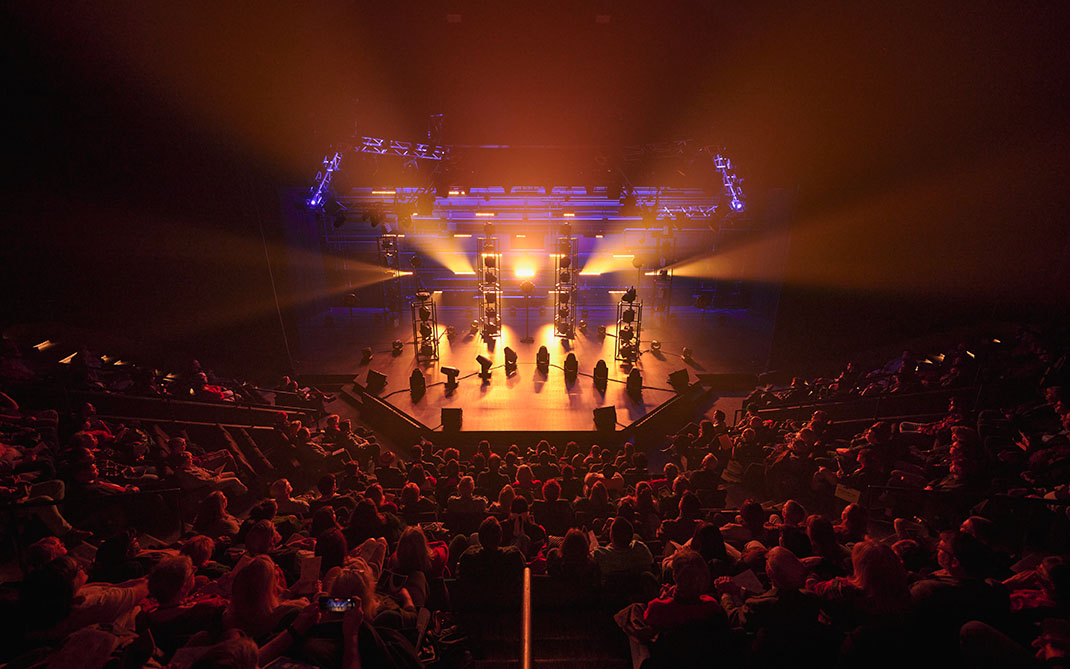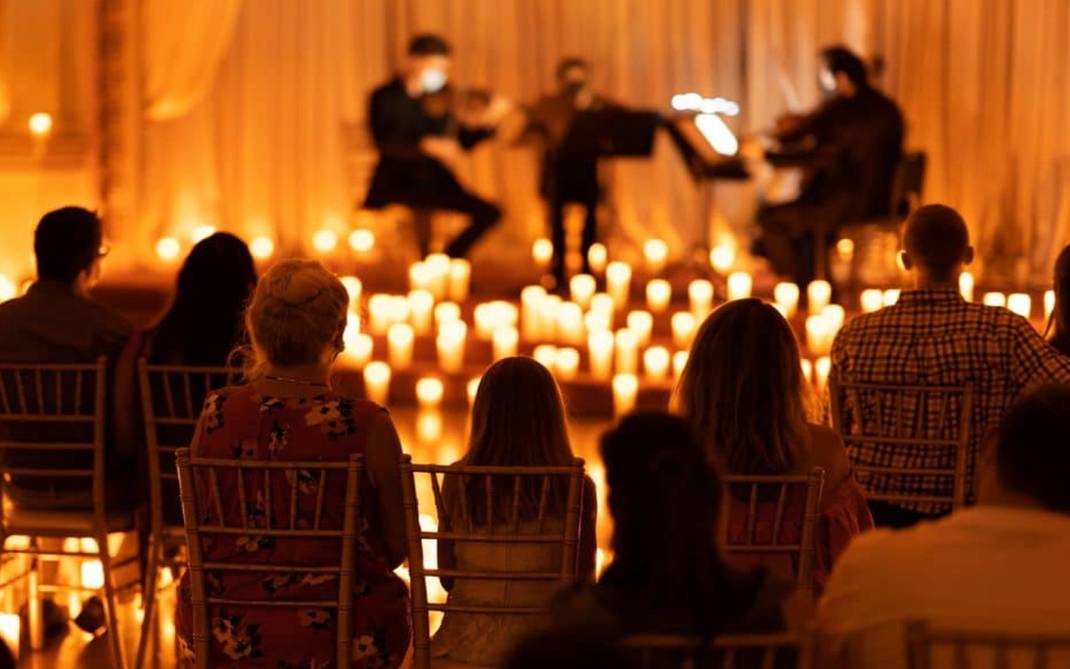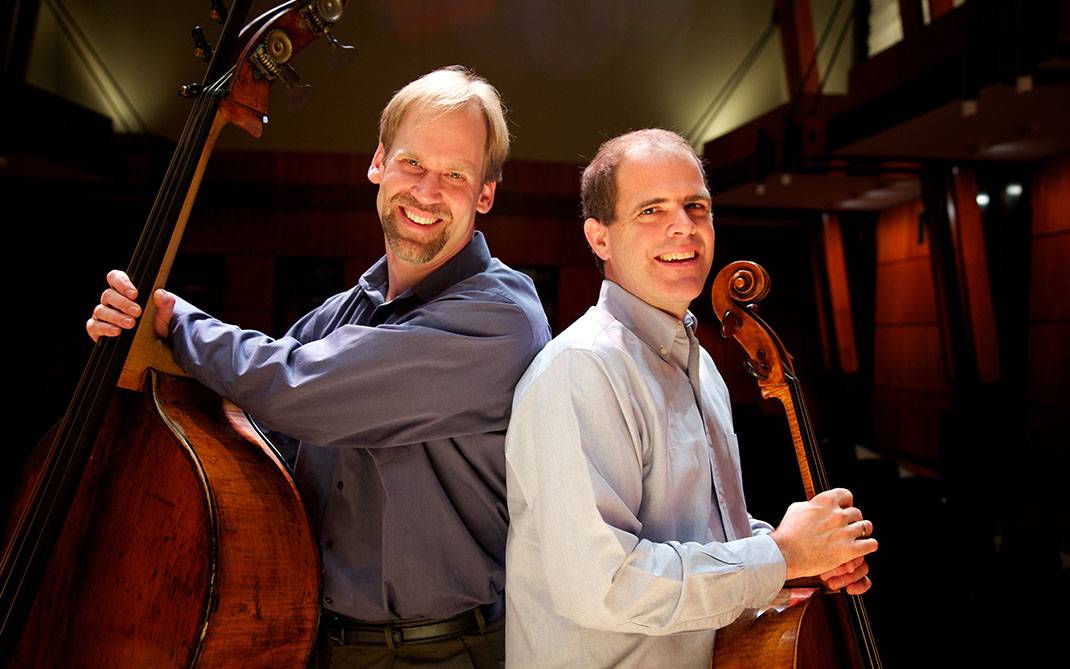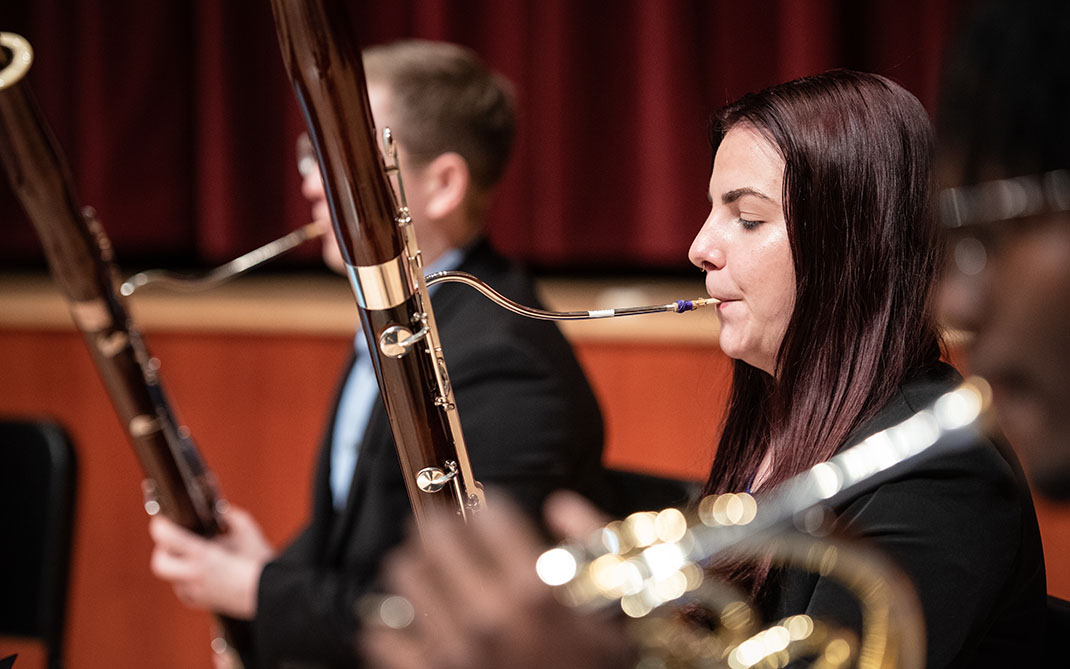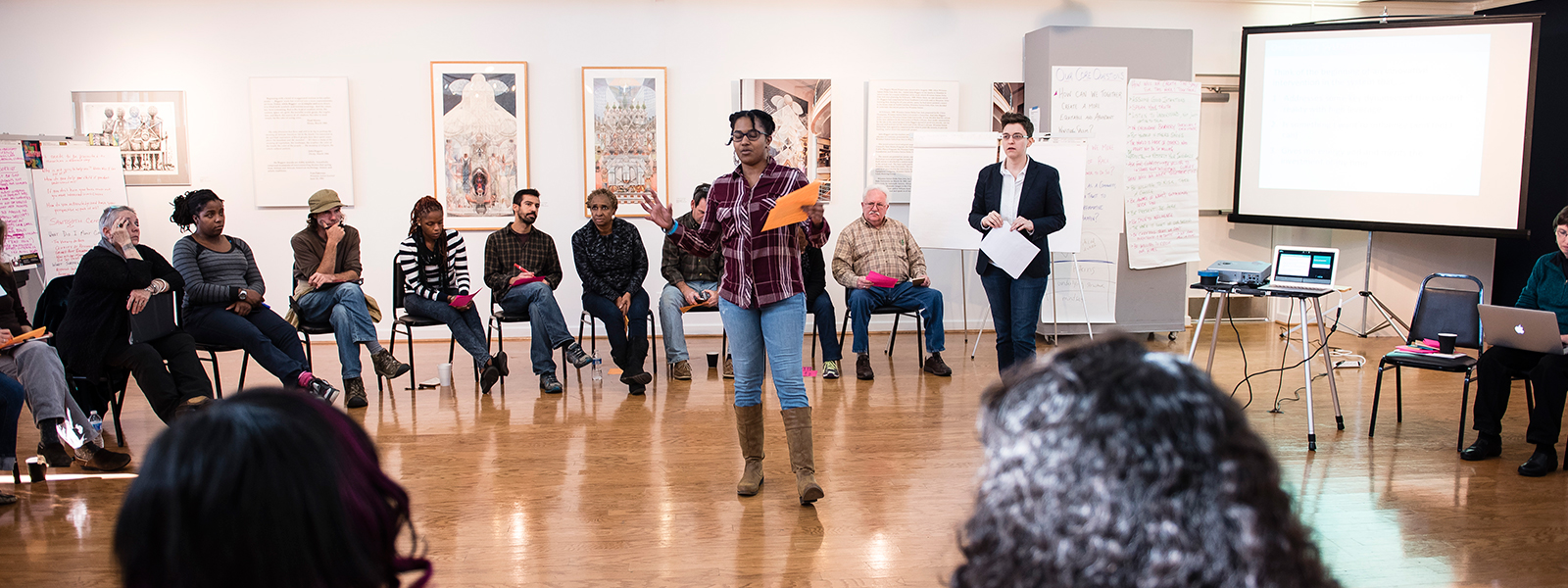Digging deep: Lab members dive into community innovation project
Members of Winston-Salem’s new Community Innovation Lab came together at the end of last year to begin the work of getting to know one another and developing a shared understanding of why deep-seated inequities in employment and income persist across race and class lines in their city.
“We don’t know where this will lead, but we know it will lead to new places,” Richard Evans, the founder and president of EmcArts, told those participating in one of only two such pilot projects in the nation.
More than three dozen people representing a diverse cross-section of the city gathered for two-day workshops in November and December to launch the lab. From government, business and faith leaders to artists, educators, low-wage workers, community activists and others, they all expressed a commitment to addressing the economic disparities that challenge Winston-Salem and so many other communities around the country.
Designed and facilitated by EmcArts, the lab uses a radical new approach that equips local communities to address tough social challenges by bringing together a diverse group of stakeholders and deeply integrating artistic practice into change processes. Based in New York City, EmcArts is a nationally known service organization that promotes innovation and adaptive change. The lab is funded by The Kresge Foundation and convened by the Kenan Institute for the Arts at the University of North Carolina School of the Arts, the Winston-Salem Foundation and the Arts Council of Winston-Salem and Forsyth County.
“We hope the lab will catalyze change at the system level, getting beyond the symptoms to the deeper driving forces that are keeping things as they are now and what it will take to make long-lasting change,” said Karina Mangu-Ward, a lead facilitator for EmcArts.
“We’ll be integrating artists and artistic practice throughout the journey because we believe they have an incredible untapped potential to help us build trust, open up difficult conversations and create space for imagination.”
That’s precisely what began to unfold during the first workshop, as the group took part in role-playing exercises, learning journeys and other creative activities related to these core questions:
- How can we together create a more equitable and abundant Winston-Salem?
- How can we move systems of race, class and power to do so?
- How can we, as a community, build enough trust to enable transformative change to happen?
Jan Detter, an artist and educator who teaches social entrepreneurship at Wake Forest University, said the atmosphere grew tense at times when people began to share their life stories and viewpoints.
“People among strangers don’t usually share that level of intensity because it feels dangerous or unsafe. Across the spectrum, whether you were from a more privileged environment or a less economically privileged environment, so many people wanted to say their truth,” she said. “We didn’t really have a common starting point on Friday, but by the time Saturday was over, I felt we had all found commonality in this work. The stories we told each other, they provided sweet spots in which you could begin to connect the dots between us.”
Detter believes tension can be a good thing. “It strikes me that often we are uncomfortable when we are learning something important. For us to welcome the community into this work with authenticity, which is part of what we will be doing going forward, we have to learn to bond with others in our group who we may not feel comfortable with in the beginning. How could we model that for others if we did not do that ourselves?”
Community activist and lab member Sandy Stinson was impressed by the diversity of the stakeholders she met and how well the workshop was facilitated.
“There was a great mix of not only race but of age and of interests,” Stinson said. “I thought it was going to be like every other conference I had gone to. I had to change my way of thinking.”
One of the local facilitators involved in the project is Geordie MacMinn, a professor of drama at UNCSA who wanted to take his work “outside the world of strictly theater and into the community.”
“Actors transform into characters and bring stories to life and implant them in the hearts and the minds of the audience,” MacMinn explained. “And it is that transformative journey that interests me. The lab is very much looking at how can we transform Winston-Salem.”
The first step in creating change is awareness, he said. To achieve lasting change, not just “quick fixes,” MacMinn added, “We either have the courage to look at what’s really happening in our city or it takes ahold of us. It is imperative to get involved so we can deal with it better and have a say in the direction things go.”
As a theater artist, MacMinn knows how to bring stories and issues to life. “And I think that’s what we did over these two days. We really started something.”
Corey Madden, executive director of the Kenan Institute, came away with a renewed appreciation for how effectively artistic practices can be used in settings outside of the arts.
“We spent eight hours in the room on Saturday and I was 100 percent engaged — and I felt that everybody else was as well,” she said. “As an artist who is used to the excitement of rehearsals, it was extremely gratifying to see that applying some of the strategies of being an artist to difficult discussions about race and inclusion could build so much trust and optimism and clarity so efficiently.”
Each of the exercises helped participants see the systemic nature of the work they are about to do, Madden noted. “Rather than getting caught up in personal-level experiences, the whole idea of this is a systems approach and that a group that understands systemic issues can make a difference.”
Mangu-Ward believes that Winston-Salem’s project will forge “ambitious new territory” in combining the best practices of social innovation labs and arts-based community development.
Issues of inequity and social injustice afflict many communities, MacMinn added, but change can begin with one. “If we can do our part in Winston-Salem to bring some awareness, and even a little transformation on these issues, I think we can actually help to move the entire country forward.”
Throughout the early months of 2016, lab members have been working on “small experiments with radical intent.” The group will reconvene February 24-25, at which time three of these experiments will be selected for further exploration.
February 26, 2016
